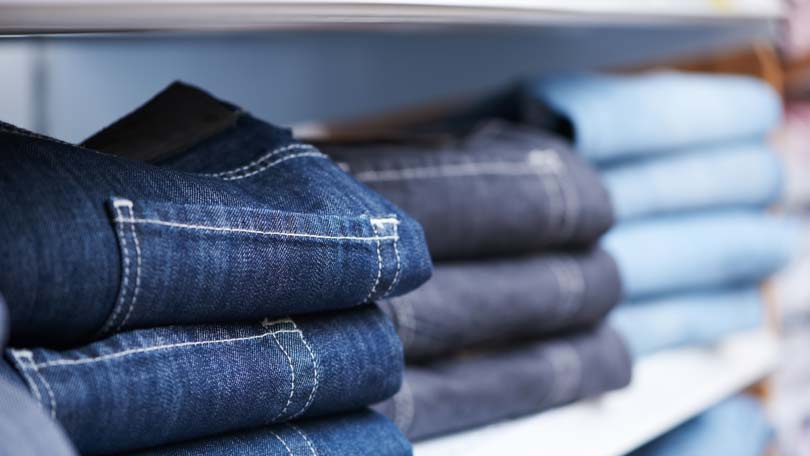
How many of you are walking around in those hideous shoes that are supposedly designed to tone your butt and tighten your thighs? Have you bought clothes that are supposed to melt your belly fat away? What about beauty products that are supposed to transform your face in a weeks time? The truth is that when it comes to our appearances, many people are being lured to buy products, both to wear and to apply to the body, whose claims of instant beauty, weight-loss, and magical transformation are completely baseless. As a consumer, you have to be wary not to fall for false advertisement when it comes to fashion and beauty products.
What you might not know is that according to the Federal Trade Commission, several of the companies marketing the weigh-loss, toning shoes did so falsely and now must pay a price for their crime. Yes, a CRIME. And interestingly, the companies behind the lawsuits, Skechers and Reebok, just to name a few have settled the 40 million dollar lawsuit rather appear in court to fight the charges. This in and of itself seems to say a lot about the marketing ploys that companies are making in an effort to encourage consumers to buy their products. Skechers will be reportedly paying back consumers to the tune of $25 to $40 to those who purchased their toning shoes under false pretences.
Incidentally, in this case, the manufacturers of these shoes advertised that their product would provide fitness results to consumers without having any proof. Outside testing proved that the shoes from Skechers and other companies did not make any difference on the muscles of the calves, thighs, and buttocks and did NOT burn more calories than regular shoes. Similarly, L’Oreal was sued when experts realized that actress Kate Moss was wearing fake eyelashes as she tried to sell a lash lengthening mascara to consumers. L’Oreal marketed the product claiming that it would improve lash length by as much as 60%. Yet, its just mascara, with absolutely no hair growth enhancement chemicals.
And similarly, how legitimate is it for Oil of Olay to be selling their products and posting magazine pictures of models using the so-called products that have been completely photo shopped by professionals? Certainly, there is some consumer responsibility that must come into play here. If you are overweight or want to enhance your appearance in any way, it is important to realize that advertisers are pushing their products and advertising them in the best light possible. The results that you get will not be a replica of what you saw on television or in a magazine. This is common sense people! In fact, among the cosmetic industry, it is completely expected and commonplace for companies to utilize models in their ads. Truth is that no make up in the world is going to make you look like Demi Moore.
The same false advertisement today is commonplace for nearly everything that is sold. If you watch infomercials for exercise equipment or exercise programs, see ads for weight loss herbs and remedies, or even watch the as seen on television commercials, you are being duped if you think you are going to experience the same results at home. Yet most of these advertisements flash disclaimers at the bottom of the page, which push the emphasis back on to consumer responsibility. Even more interesting is that most of these products are sold under the notion of disclaimers that also admit the people in the ads are paid actors.
When it comes to fashion accessories and personal appearance, marketers are strictly taking advantage of the deep desire for most of the population to improve their appearance. Each and every one of us has something about our bodies, or our looks that we would love to change. Capitalizing on our weakness is not a new form of false advertisement and one that should be realized by a consumer almost immediately.
Remembering the old quote, ‘If something seems too good to be true, it probably is,’ is a good rule of thumb for consumers to follow. It surely would ensure that you aren’t wasting your money on a product simply because of something that you are being told by a multimillionaire corporation who quite simply, wants your revenue. Once you buy the product, they don’t really care if it works for you or not, because you have already purchased the items. And according to industry experts, even products that are sold with a money back guarantee still turn a profit because less than 1% of the population will return an item to a distributor because they didn’t get the results that were claimed.
Be smart with your money! Be a frugal consumer. Do your research before you buy. If you are interested in a product based on advertising, ask yourself how realistic the claims are before you become yet another revenue notch on big corporation’s belt of income.
